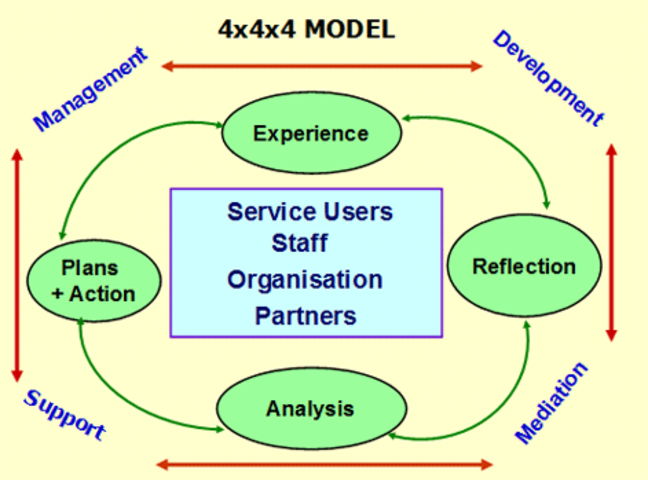Kelly Hannaghan makes the case for pastoral staff supervision for mental health and wellbeing leads, as a means to process the increasing pressures they are carrying.

It’s perplexing that wellbeing practitioners such as psychologists and social workers have regular supervision that is mandatory, yet our wellbeing front-liners in education do not. I know that many schools may resist introducing this service due to dwindling budgets or maybe even a lack of knowledge around how to set up informal supervision services within their schools; however, I believe the benefits far outweigh the risks and costs.
There are a number of lengthy descriptions available out there for supervision; this is what I believe to be the most succinct definition:
A process by which one worker is given responsibility by the organisation to work with another worker(s) in order to meet certain organisational, professional and personal objectives which together promote the best outcomes for service users. (Morrison, T, 2005)
I see supervision as a way of life in my therapeutic roles over the years. With all that we witness in the job, within both ourselves and others, we can sometimes get stuck and carry the burden of this weight. However, if we have a space to reflect with another who will both support us and challenge us, we can grow.
Essentially, supervision provides professionals support away from the direct work environment, to reflect on their own practice, professional progress, safeguarding issues and to self-evaluate.

Image from www.futurelearn.com
|
The four functions of supervision |
The four elements of the supervisory cycle |
|
|
Supervision is not going through a checklist and ticking boxes to record jobs done and tasks to be completed. For me, supervision is a means of ‘containment’. This means the client will be provided a safe space with the supervisor, safe in the knowledge that something or someone else is holding onto the overwhelming unmanageable.
Supervision in education is a non-judgemental, collaborative process
When considering informal supervision, we must remember that this is not clinical supervision. Typically, informal supervision is carried out with supervisors in the school.
The issue of teacher mental health and wellbeing is starting to crop up in much public and political discourse across the UK, and a lack of support and supervision in the profession is starting to be identified as one of the problems. The Centre for Mental Health and the Children and Young People’s Mental Health Coalition published ‘Making the Grade – How education shapes young people’s mental health’ in November 2019 and noted that:
There is often little support and supervision offered to teachers for their own wellbeing and mental health. Approaches to improving mental health and wellbeing in educational settings must urgently consider support for professionals.
Group reflective supervision can be a great place to start. I have seen first-hand what works in terms of staff wellbeing, and how schools can positively impact their staff’s mental health (see supervision for self-care for more on this). This is a great opportunity that provides SENCOs and pastoral staff with the knowledge and skills to supervise colleagues within their setting, or across multiple sites, who support vulnerable pupils in a variety of roles, such as learning mentors, designated teachers, early career and assistant SENCOs.
Part of my current role is to offer training for informal supervision within schools. This focuses on the concept of training key members of staff to set up their own confidential spaces to support staff with exploring anxieties, worries and challenges within their roles. Thoughts are listened to and then reflected back by these skilled practitioners. This work can be solution-focused and will certainly enhance the overall wellbeing of staff in emotionally demanding roles.
Supervision in education is a non-judgemental, collaborative process where education practitioners feel supported and gain the ability to reflect on their practice, relationships, and the emotional demands of their work. Why would we not consider this as a vital component of a whole school approach? The impact of supervision will certainly positively impact the wider education system with enhanced wellbeing and professional and personal development.